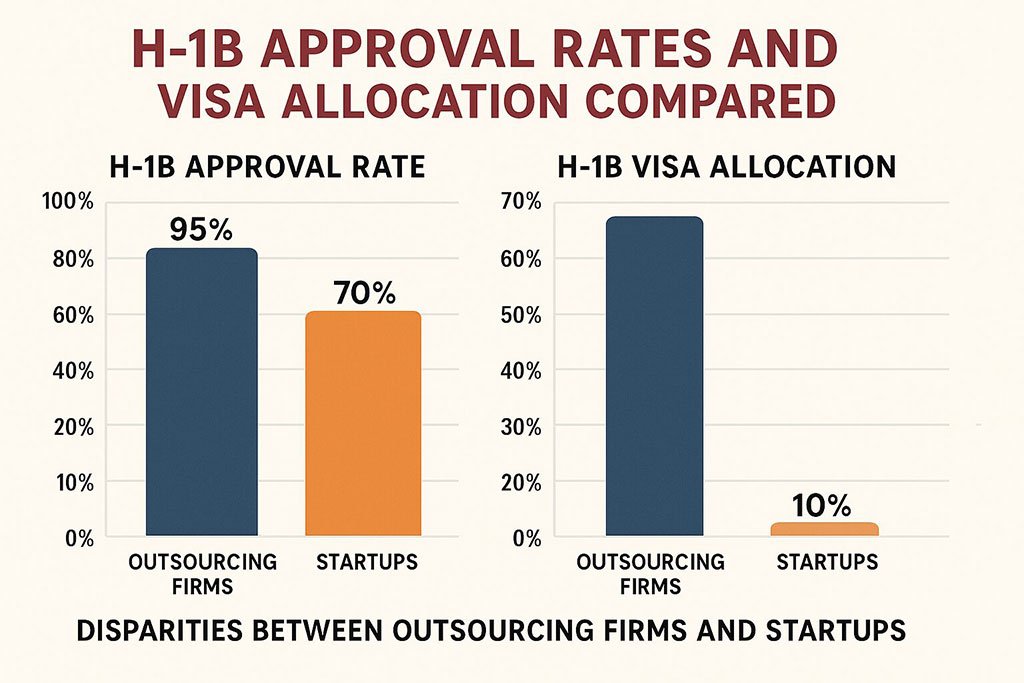Now Reading: Mars Data Rush – The Battle for the Red Planet’s Digital Frontier
-
01
Mars Data Rush – The Battle for the Red Planet’s Digital Frontier
Mars Data Rush – The Battle for the Red Planet’s Digital Frontier

Imagine a gold rush, but instead of pickaxes and dusty trails, it’s satellites, lasers, and data streams stretching across the void of space. Welcome to the Mars Data Rush—a high-stakes race where private companies and governments are fighting to control the digital backbone of the red planet. With billions on the line for future Martian industries like mining, research, and even tourism, this isn’t just about tech; it’s about who shapes humanity’s multi-planetary destiny.
Why Mars Needs a Digital Lifeline
Today’s Mars missions limp along with sluggish radio signals, where data trickles through orbiters with delays stretching up to 24 minutes. Blackouts hit when the sun blocks the path every couple of years, leaving rovers and scientists in the dark. That’s no way to run a future colony. Whether it’s coordinating mining rigs, streaming live data for research, or keeping settlers connected, Mars demands a robust interplanetary internet. This system, built to handle cosmic distances and spotty connections, uses smart protocols to store and forward data, ensuring nothing gets lost in the void.
The Players – Titans and Trailblazers
Private Powerhouses
The big names are all in. One company, already a titan with its reusable rockets, is pushing a bold vision: a constellation of satellites linking Earth and Mars, promising high-speed data for everything from AI robots to video calls. Another, backed by a billionaire with stars in his eyes, is crafting specialized orbiters to power upcoming missions. Smaller players, nimble and hungry, are snapping up contracts to deliver payloads and relays, proving size isn’t everything in this game.
Governments in the Mix
Space agencies aren’t sitting this one out. The U.S. is dangling contracts, inviting private partners to build alongside them, while Europe’s lunar programs lay groundwork for Mars. Other nations, with dreams of their own Martian outposts, are sketching proprietary networks. It’s a dance of collaboration and competition, echoing how Earth’s internet grew from military roots to a commercial juggernaut.
The Tech Driving the Rush
Picture a web of satellites orbiting Mars, zapping data with lasers faster than any radio wave. AI routes packets around delays, while radiation-hardened gear and nuclear power keep things humming in the harsh Martian environment. This isn’t sci-fi—it’s the blueprint for a network that could stream gigabits, supporting everything from remote surgeries to virtual reality tours of Martian canyons.
A Cutthroat Cosmic Market
The race is fierce. First-movers with Earth-based satellite empires have a head start, but rivals are clawing for a piece of the pie, chasing government deals worth hundreds of millions. Whispers of monopolies stir unease—some even claim Mars could dodge Earth’s rules entirely, a bold stance that ruffles diplomatic feathers. It’s a high-wire act: private firms chase profits, while governments push for science and fairness, all against a backdrop of international treaties.
Billions in the Balance
Control the data, and you unlock a treasure chest. Mining Martian ice or minerals? You’ll need real-time feeds. Research labs? They crave high-res data. Tourism could explode with VR experiences, letting Earthlings roam Mars from their couches. For future colonies, it’s survival: telemedicine, logistics, even streaming shows to keep spirits high. By mid-century, communications alone could be worth hundreds of billions, with resource extraction pushing into the trillions. This is the dawn of a multi-planetary economy.
|
Sector |
Potential Value (by 2040) |
Key Services |
|---|---|---|
|
Communications |
$500B+ |
Data relays, streaming, teleoperations |
|
Resource Extraction |
$1T+ |
Mining volatiles, ISRU for fuel/habitats |
|
Science & Tourism |
$200B+ |
Remote research, virtual Mars experiences |
|
Infrastructure |
$300B+ |
Habitats, transport networks |
The Roadblocks
It’s not all smooth sailing. Light-speed limits mean true real-time is a pipe dream, so AI and local computing have to fill the gap. Politically, it’s messy—who claims the orbits? How do you secure data across planets? Rival nations could build walled-off networks, fracturing the dream of a unified system. And then there’s Mars itself: we can’t clog its skies with junk or disrupt its fragile environment.
The Future – Unity or Rivalry?
This rush could birth a hybrid model—governments setting rules, companies building the tech. Open standards might keep things fair, preventing any one player from locking up the network. The private sector’s speed is outpacing slow bureaucracies, but collaboration could ensure everyone benefits. This isn’t just about data—it’s about humanity’s leap to the stars, a chance to build a future where Mars isn’t just a destination, but a digital home.

































